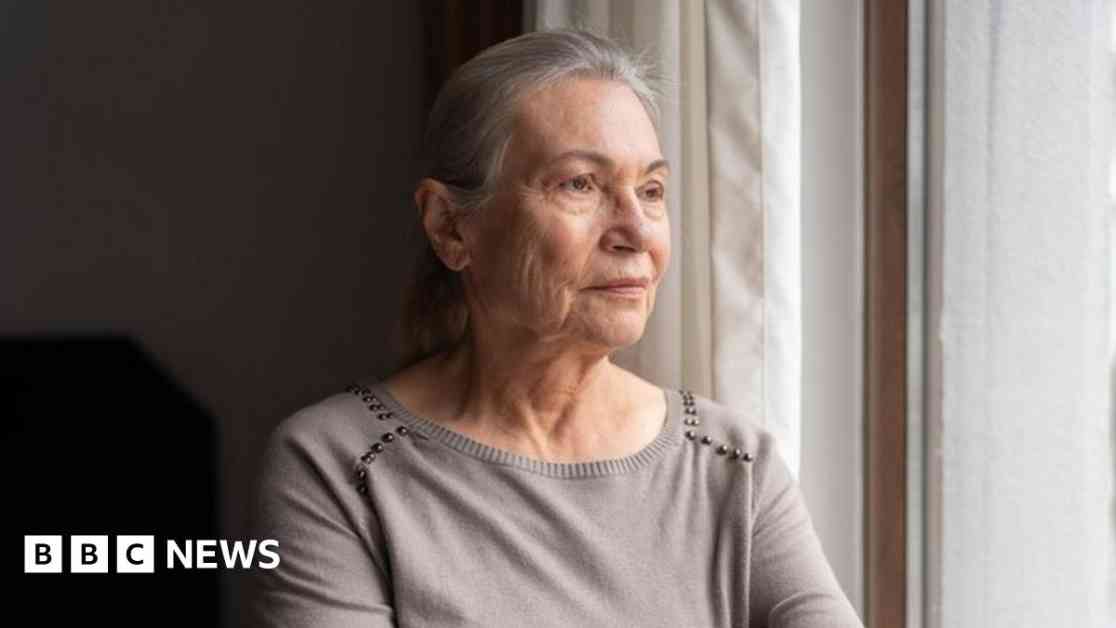# Assisted Dying: Law Change and Definition Explained
Members of Parliament (MPs) have voted in favor of a bill to legalize assisted dying in England and Wales, marking a significant shift in the landscape of end-of-life care. The bill, introduced by backbench Labour MP Kim Leadbeater, proposes groundbreaking changes that could impact the lives of terminally ill individuals across the country.
## What is the proposed law on assisted dying in England and Wales?
The Terminally Ill Adults (End of Life) Bill seeks to grant terminally ill individuals the right to choose to end their lives under specific conditions. To be eligible, individuals must be over 18 years old, reside in England or Wales, and have been registered with a General Practitioner (GP) for at least 12 months. They must also demonstrate the mental capacity to make an informed decision, express a clear and settled wish free from coercion, and be expected to die within six months.
Furthermore, the bill mandates that individuals make two separate declarations, witnessed and signed, regarding their wish to die. They must also undergo assessments by two independent doctors to confirm their eligibility, with a minimum of seven days between each evaluation. Additionally, a High Court judge would be required to review each request to end a person’s life, ensuring a legal and ethical process.
## How did MPs vote on assisted dying?
The recent vote in the House of Commons saw 330 MPs in favor of legalizing assisted dying and 275 against it. The debate that preceded the vote was marked by passionate exchanges, with MPs sharing personal stories and advocating for improved end-of-life care.
Notable figures, including Prime Minister Sir Keir Starmer and Chancellor Rachel Reeves, supported the bill, while others, such as Deputy Prime Minister Angela Rayner and Health Secretary Wes Streeting, opposed it. The diverse range of opinions within Parliament reflects the complexity of the issue and the ethical considerations at play.
## When could assisted dying become law?
While the bill has cleared a significant hurdle by gaining approval in the House of Commons, there are numerous parliamentary stages ahead before it can become law. The process involves thorough scrutiny by MPs and Lords, as well as multiple rounds of voting, ensuring that all perspectives are considered before any legislative changes are implemented.
The bill’s proponents emphasize the importance of getting the details right, prioritizing ethical and legal integrity over expediency. As the legislation progresses through the parliamentary system, there is a possibility that it may not ultimately come into force, underscoring the gravity of the decision-making process.
## Who opposes assisted dying?
Opponents of assisted dying raise valid concerns about the potential risks and ethical implications of legalizing such practices. Individuals like Paralympian Baroness Grey-Thompson and actor Liz Carr express reservations about the impact on vulnerable populations and the need for comprehensive palliative care solutions.
Dr. Gordon Macdonald from the campaign group Care Not Killing warns against rushing into legislative changes without addressing underlying issues in the healthcare system. These perspectives highlight the complex ethical and practical considerations that must be weighed when contemplating assisted dying laws.
In conclusion, the proposed legislation on assisted dying in England and Wales represents a pivotal moment in the ongoing debate surrounding end-of-life care. As lawmakers navigate the intricate legal and ethical landscape, the voices of advocates, opponents, and experts will continue to shape the future of end-of-life decision-making in the country.

















